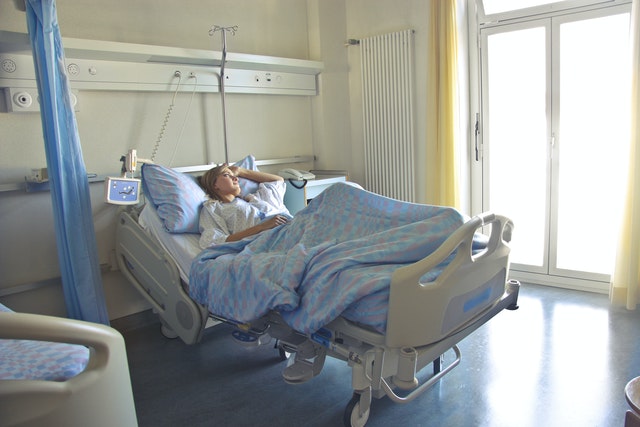Most people can sit, stand, lie down, and move in between variations of these positions without even thinking about it. However, people who deal with POTS know that changing positions can come with some risks. Postural orthostatic tachycardia is a syndrome that manifests in blood not returning to the heart properly when one gets up from a prone position. Fainting or dizzy spells are common symptoms of POTS. There are some possible treatments that might help.
Dietary Changes
It is possible that making small changes to one’s diet might have a positive effect on POTS. Some experts recommend adding a bit more salt to various meals. They also stress that taking in an adequate amount of daily fluids might get rid of some of the dizziness and other problems associated with the syndrome. Drinking fluids could help to raise your blood pressure, and this increase might counteract some of the issues POTS causes.
Monitoring and Management
Although there isn’t just one effective treatment for POTS, ongoing research points to a few solutions that might be helpful for different people. Monitoring how the condition might be progressing can be a great help in managing any changes that might occur. You can do some monitoring at home, but working with professionals who are qualified in POTS syndrome treatment might help you take a more complete approach that is tailored to your needs. These specialists will work with you to provide consultations, advice, and coping techniques to help you get some measure of control over the condition.
Compression Socks
A doctor may recommend that you wear special socks that are designed for compression. These socks usually go to about the thigh level, and they will squeeze the legs tighter than most traditional socks. The purpose here is to put some pressure on vessels in the legs to push blood up from them. This pressure might reduce the physical symptoms of POTS. Too much dizziness can have a hugely negative impact on a person’s ability to accomplish daily personal tasks or meet professional goals. Combinations of medical equipment, drugs, and changing habits could offer some relief.
Pharmaceutical Treatments
Some drugs might be able to regulate some of your body’s systems in order to keep the syndrome from doing its work every time you get up. It is a good idea to discuss possible treatments along this path with the appropriate medical professionals. The drugs they prescribe work by narrowing your blood vessels and increasing the overall volume of blood moving through them.
There is not currently any known cure for POTS, but various health facilities around the world dedicate some of their resources to studying and understanding this syndrome. Many people who deal with POTS report using some combination of techniques and treatments to relieve their symptoms. Signs of the syndrome can return intermittently. In most cases, moving to a prone position will keep lightheadedness at bay.

